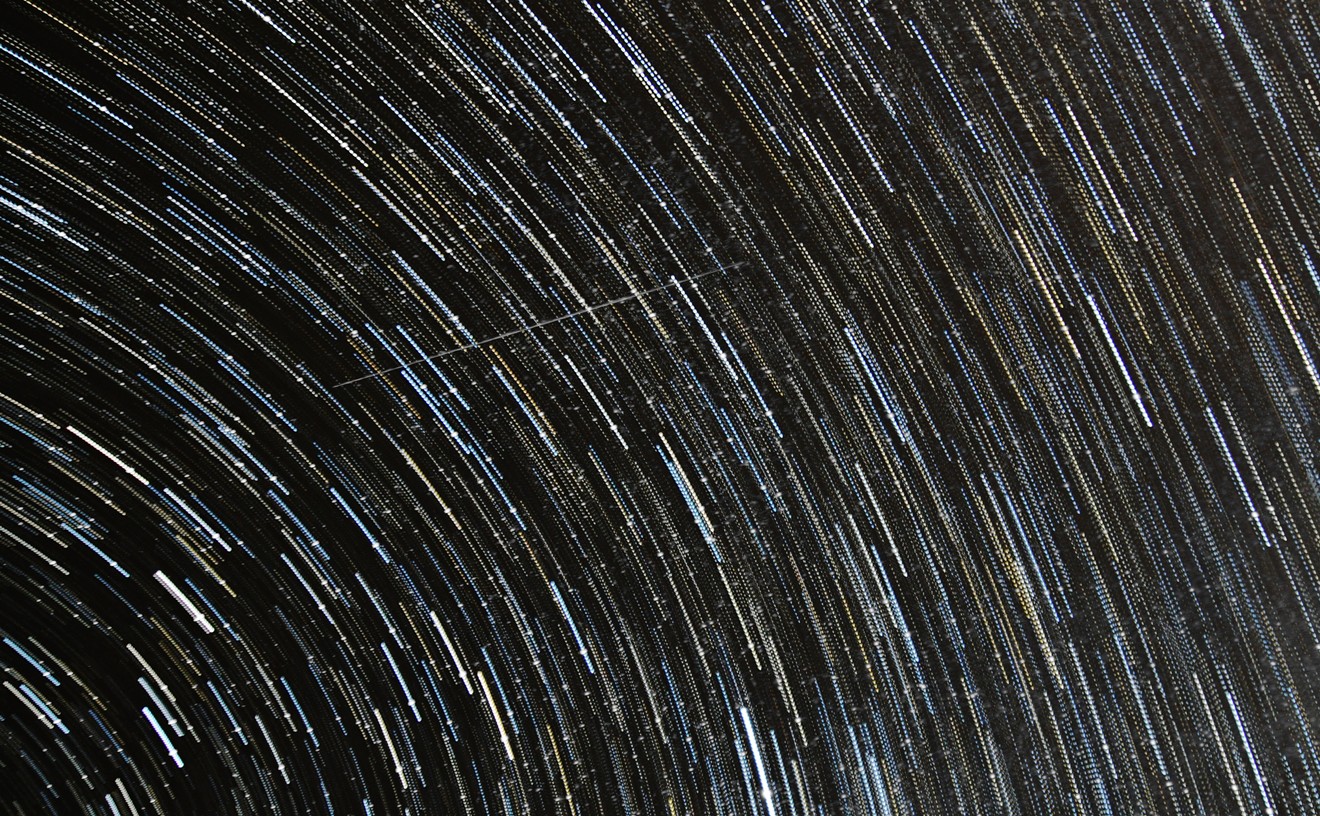The champion of this raw, creative art form is Astria Suparak, a New York-based film curator who's on a tour to screen "Dirges and Sturgeons," a program of seven short, experimental films. One of her goals is "for people to expand their minds to different forms of storytelling and different ways to make movies," she says.
Suparak chose several of the pieces because they have what she calls a "lo-fi look" to them, in keeping with the program's subtitle, "YACHT: Young Artists Challenging High Technology." "I want to generally inspire others to make their own work -- to think, Oh, I can do that.'"
Indeed, for Animal Charm's Slow Gin Soul Stallion/Lightfoot Fever, the filmmaker didn't actually film anything. It was made entirely of imagery from found sources -- "like maybe a TV studio Dumpster," Suparak says. The result is a surreal, rhythmic composition that plays out like a visual response to the innovative mix-and-sample sounds of modern DJ culture.
This spirit of recycling and synthesizing is also apparent in Bjorn Melhus' Das Zauberglas (The Magic Glass), which uses the German-dubbed dialogue from a 1950s Western movie as its soundtrack, as well as Miranda July's Getting Stronger Every Day (starring Carrie Brownstein of indie band Sleater-Kinney), a morphed retelling of two different TV movies about boys taken from their homes, one kidnapped and the other abducted by aliens.
Seth Price's Industrial Synth exploits the "lo-fi look" to explore consumerism, planned obsolescence in popular culture, and ultimately, our own mortality. It's unsettling. "In all of the pieces, I like the sense of bewilderment," says Suparak.
The viewer's discomfort seethes under the surface most of the time, but in different ways. In Jacqueline Goss' The 100th Undone, an explanation of the Human Genome Project arouses rational fears of sci-fi scenarios, while in Lawrence Elbert's Whitney: Mama's Little Baby, the viewer is trapped in the passive role of baby, stuck in the back seat of a car while Mama -- an erratic, crack-smoking Whitney Houston look-alike drag queen -- unleashes her disturbing, paranoid monologue.
And in all of the works, "What you see at first isn't the whole thing -- you have to figure it out over the course of the video, sort of like visual puzzles," Suparak says. Case in point: Pierre Yves Clouin's The Little Big, an up-close crevice of quivering flesh that maximizes its eroticism by keeping the viewer guessing about what body part is being shown. "That's what I like about experimental work -- just having to work your brain a little harder instead of predicting the ending."










